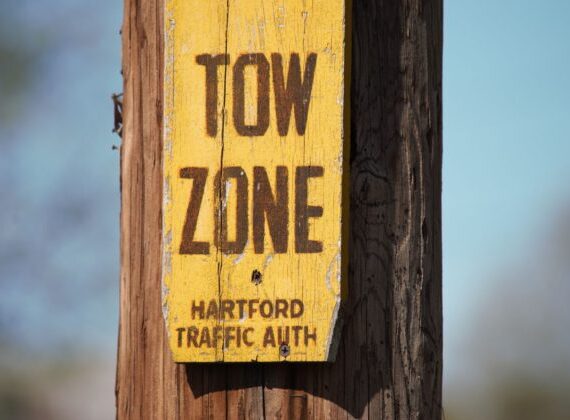Like clockwork, expect to hear advice about how to spend Thanksgiving and “the holidays” (if you mean Christmas, just say Christmas) with relatives when there are political differences. These pieces tend to whitewash or conflate what the differences are to the extent that you have to wonder about the motivation of those writing them. These tips may actually be useful when there are minor disagreements, such as you voted to fund a replacement swimming pool in town and your cheapskate uncle did not. These “everyone let’s get along by practicing civility” pep talks are essentially useless when the political differences cut much deeper and have more significant consequences, such as a relative deciding that immigrants are not deserving of human dignity — whether they directly say this or tacitly do so by voting for a candidate to “lower grocery bills.”
In this case, some folks need to be given permission to stop trying. Here is the permission you were waiting to receive.
You don’t have to remain civil with people who have voted for you or your friends to be deported, deprived of your rights, or stripped of your humanity. You don’t have to sit awkwardly and tensely around a table with people who voted for you or your friends to lose First Amendment freedoms. What do you gain from that? Nobody is giving you an achievement award for being a punching bag. There is no free dessert after your tenth Thanksgiving-induced panic attack.
It is fine for those folks to have to live with the consequences of their actions, and those consequences can be losing relationships with blood relatives.
What we are talking about is creating and honoring boundaries about how you choose to allow others to treat you. It’s explained that “healthy relationships rely on connections defined by sensitivity, empathy and care.” If those relatives to whom you feel obligated are not acting with sensitivity, empathy, and care, and are not making any good faith attempts to do so, then you are sending mixed messages about how your deserve to be treated by returning to that hostile environment.
Are you an adult? Then you have the right to refuse to participate in a toxic dynamic.
This does not mean having to spend holidays alone — unless, of course, you would prefer to do just that. If you enjoy a day of hiking in nature or getting caught up on household chores, you do you.
Others may seek a day with more socializing. The concept of “found family” is not new for those in the queer community. People who have been ejected from the homes and lives of their blood relatives for not hiding their sexuality have long created for themselves the type of family they want and need. Some may feel the need to grieve what they perceive as a loss; others need to move on with their lives — it’s not one size fits all, and you don’t need to feel guilty or like you are doing something wrong because you don’t happen to feel sadness. You might discover that freedom feels like freedom.
In Hartford, one alternative is to go to a Queersgiving on November 28, 2024. This is a free, potluck-style meal and gathering on Thanksgiving day. It’s a chance to get off the Internet and be in community, face-to-face. Anyone who wants to go is invited to bring a dish to share, or to help with set up or clean up.
Another way to look at this: many of us are familiar with having a “Friendsgiving,” which is maybe more popular for those in their 20s and treated as a reunion when young adults returned to their childhood homes for Thanksgiving. This does not need to be the night before Thanksgiving and at some bar. If you know just one other person — a friend, a neighbor, and acquaintance — who would want to join, why not do this on Thanksgiving itself?
What if that feels too small? Maybe you have ideas about how large a holiday gathering should be. If you can’t rewire your expectations about the size of a holiday gathering, then enlist the Internet for help. Programs like OneTable enable Jews to connect with others for Shabbat meals. Although Meetup does not provide exactly the same benefits, it can be used to organize community meals.
Part of why we are in this terrible political space is because people have allowed themselves to be manipulated to fear strangers. What I have learned from organizing public events like book clubs and walks is that most people are actually not violent criminals. They might be awkward or nervous about showing up where they don’t know anyone, but they aren’t out to cause harm.
There’s a middle ground between asking only those you know and opening the door to total strangers: send invites through friends. I would not be surprised if more people this year are bailing on spending time with relatives. Let your people know that you’re hosting a Thanksgiving dinner, have room for a few more, and explicitly tell them to connect you to new people in their circles.
Still not convinced that there are alternatives to suffering silently through? Have yourself a read. There are plenty of books that show what found family looks like in action. One to start with is One Last Stop by Casey McQuiston. You can find some other suggestions here.
Ultimately, and my generation absolutely knows this, we have to recognize that what older generations did and often still do — “keep the peace” by avoiding conflict and by not setting firm boundaries — is not the way. There are over 8 billion people on this planet, with 3.6 million of them in Connecticut alone. You don’t have to settle for suffering with the handful that you happen to be most closely related to by genetics when there are other options for with whom you may spend your time.

